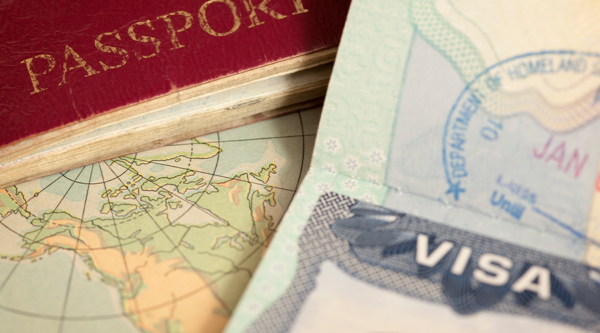

What are image rights?
Image rights are a group of rights relating to an individual’s personality such as their image, likeness or characteristics associated to them. They are designed to prevent unauthorised persons from exploiting or making use of an individual’s image.
The HMRC Capital Gains Manual (CG68450 – Intellectual Property Rights: image rights: image rights in the UK) provides an example definition of image rights used in sports players contracts, defined as:
“The legal and beneficial rights and goodwill that subsist in relation to the use, exploitation, reproduction of or in association with or otherwise of the personal attributes of the player including without limitation the name, nickname, initials, shirt number, autograph, caricature, statements, biographies, testimonials, endorsements, photographs, video, film or sound recording, voice, image reproduction and likeness and/or fair likeness or any other means of endorsement or identification, personal appearance or non-endorsement and so forth of the player, together with any relevant registered or unregistered UK and foreign copyrights, trade marks or design rights, which exist either now or in the future which comprise (whether wholly or in part) any of the matters referred to in this clause.”
How image rights are protected in the UK
Registered trade marks:
If a sign, symbol, design or expression is capable of being clearly recognisable and can be clearly distinguished from other goods or services, this can be registered as a trade mark.
Examples of image rights which have been or are registered as trade marks include:
- Cristiano Ronaldo’s “CR7”.
- Lewis Hamilton’s “LH44”; and,
- Usain Bolt’s lightning bolt celebration silhouette.
Performers’ rights
Whilst more applicable to live performances such as theatre shows, performers’ rights prevent third parties from recording or broadcasting live performances, making recordings of a broadcast of a live performance or making a recording of a performance.
The tort of Passing Off
Typically used when enforcing unregistered trade mark rights, the tort of “Passing Off” defines where an individual can make a legal claim showing that their reputation or goodwill has been damaged or misrepresented.
Passing Off is common where third parties pass off the name or image of a famous person to endorse or advertise a product or service, without the permission of said famous person.
Copyright
A copyright protects a person – or persons – right to copy, distribute, adapt, display and perform such registered material.
It is difficult for a copyright to protect a person’s image rights directly. However, photographs, illustrations and other images can generally be protected under copyright. Whilst more applicable to artists’ work, persons in the public eye may seek to protect certain footage or photos by obtaining a copyright over said footage or images.
Currently the law surrounding image rights varies from country to country. In the USA many states have adopted laws protecting the right of publicity and the right to control the use of one’s identity. Canada imposes similar laws and various EU member states have image rights embodied in their civil code.
English law however currently has no statute-based protection of image rights. Trade mark rights and the law of passing off are usually relied on instead.
Why protect image rights?
In sport, the commercialisation of a sports star’s image can earn vast amounts of money. Merchandise, promotion and sponsorship deals can often earn a sporting star more money than their wages. Similarly, if an athlete plays for a club the commercial value of their image rights is also big business for the club they play for, this is because the club will own a percentage of the athlete’s image rights. This provides important revenue each time these image rights are used in sponsorship, advertising, or on clothing etc.
It is easy to understand therefore why celebrities and athletes are often so keen to protect their image rights where their name or image is attached to products without their approval. If it is falsely implied that they have approved or endorsed a product, it can lead to a reduction in licensing royalties and damage to their reputation, especially if these products are inferior or inappropriate.
Taking the above into consideration, care should be taken when associating a brand with an already recognised name or image, especially where that name or image is afforded protection under any of the above means.










